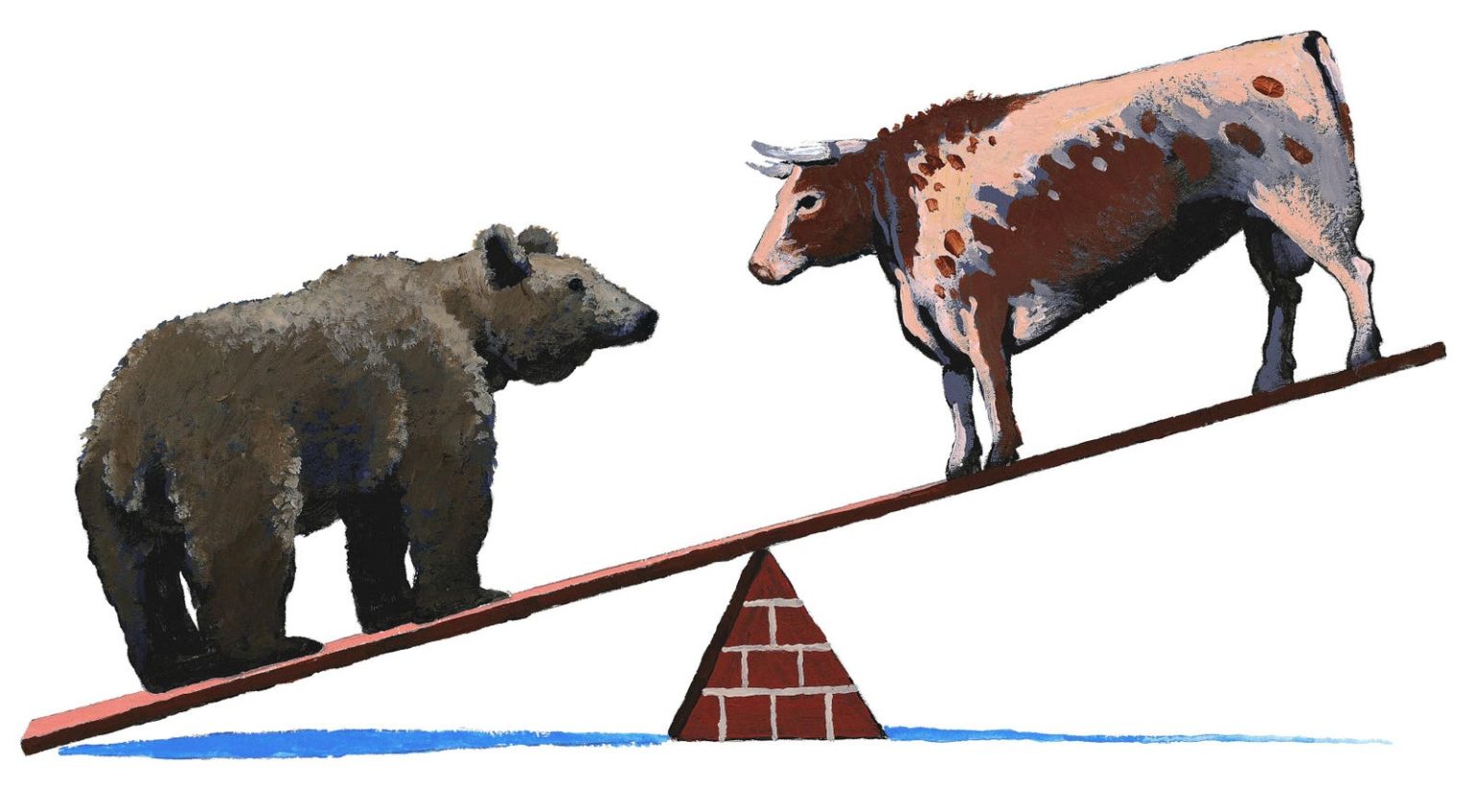Last week, the stock market faced heavy pressure as the advance/decline analysis went into sell mode due to increased Middle East tensions. Major market averages like the S&P 500 and NASDAQ 100 index declined almost every day. Market leader NVIDIA Corp. saw a significant 10% drop on Friday, indicating the severity of the selling pressure. The chip makers, including the Nasdaq 100 Index, also struggled, with a 5.4% decline putting it just barely higher on a year-to-date basis.
The S&P 500 is performing slightly better, up over 4%, but it still experienced a 3.1% decline last week, worse than the iShares Russell 2000 ETF which was down 2.8%. The Dow Jones Transportation Average ($TRAN) also struggled, down 5.13% year to date. The $TRAN’s failure to rally this year has fueled skepticism of the broader stock market rally. The technical indicators for the $TRAN have been weak since last fall, with no signs of it becoming a market leader anytime soon.
The market internals were also weak last week, with 904 issues advancing and 2001 declining on the NYSE. The weekly chart of the Spyder Trust (SPY) showed a transition from overbought to oversold, with support levels at $491.82 and $480.50. The S&P 500 Advance/Decline line closed below its moving average, while the OBV dropped below its moving average after forming a higher high. The Invesco QQQ Trust (QQQ) also experienced a decline, triggering a wave of selling.
The Technology Select Sector (XLK) saw a 6.3% decline last week, impacting stocks like Microsoft and Apple. The ETF has significant exposure to technology stocks like NVDA and AVGO. The weekly RS for XLK dropped below its WMA and support, indicating a negative trend. Growth stocks, like those in the iShares Russell 1000 Growth (IWF), saw more severe declines compared to value stocks like iShares Russell 1000 Value (IWD), indicating a shift in market sentiment towards value over growth.
Bond yields have been increasing in April, benefiting value stocks. The recent comments from the Federal Reserve suggest that inflation may have stopped declining for now, impacting rate expectations. The upcoming PCE report on Friday will likely influence rates and market sentiment. The AAII survey showed a decrease in bullish sentiment and an increase in bearish sentiment, indicating a shift in investor sentiment. The market is likely to see a more complex rebound as we head into the following week.


